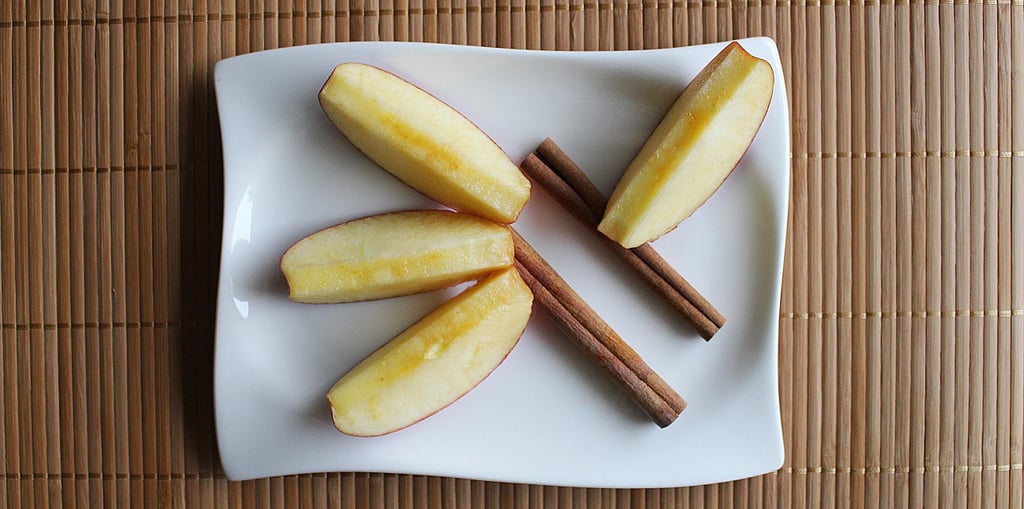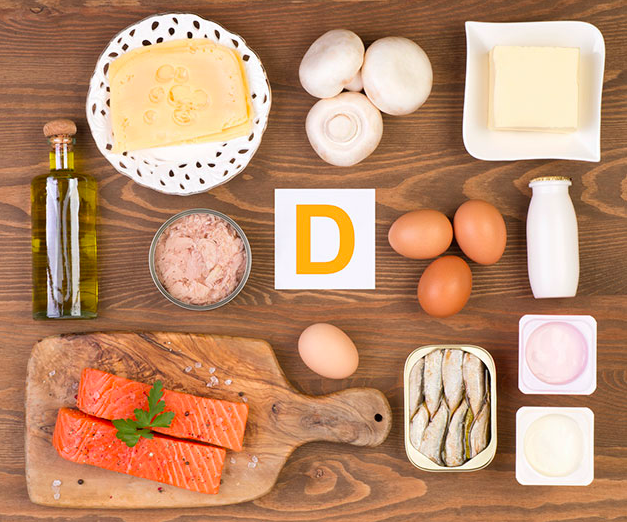
While the standard daily schedule for good oral health remains the same: brush at least twice a day, floss at least once, and visit your dentist twice a year, there are other things you can do to help protect your teeth and gums as well.
Some of them are well-known, like using an antimicrobial mouthwash at least once a day, and eating calcium-rich foods like milk and leafy greens. But other methods are more unusual and are less well-known among the general public.
While these ideas may benefit some people and encourage a healthy mouth, it’s always important to check with your dentist first before taking any actions that can affect your oral health.
Foods that boost oral health
Beyond the basic foods most of us recognize as beneficial for our teeth like calcium-rich foods, there are also many foods that have been shown to improve oral health for various reasons.
"There are many foods that have been shown to improve oral health for various reasons..."
Cinnamon
Researchers at the University of Illinois in Chicago found that cinnamic aldehyde (a key ingredient in cinnamon that gives it its color and flavor) reduces bacteria in the mouth. Their study specifically focused on cinnamon-flavored chewing gum that uses natural flavoring.
As it turns out, an apple a day may serve to keep the dentist away too. Crispy foods like apples, carrots, and celery serve as natural “scrubbers” when chewed, helping remove other food particles and harmful bacteria that causes plaque. Obviously, these foods work best if they’re the last thing you eat in a sitting.
Tea

Along with many other health benefits, the flavonoids in tea help prevent harmful bacteria from sticking to teeth and block the natural production of a type of sugar that can contribute to tooth decay. As an added benefit, many kinds of tea are rich in fluoride, which strengthens teeth.
Xylitol
Xylitol is a sweetener made from naturally-occurring sugar alcohols. It can chemically battle bacterias that are common in your mouth and lead to bad breath, tooth decay, and some diseases, including the streptococcus bacteria.
Vitamins and minerals
Beyond calcium, there are other vitamins and minerals that are also beneficial for oral health. Although diet is the best way to obtain these ingredients, sometimes it’s not enough to get the full benefit, so supplementation is an option.
Vitamin D

This essential vitamin is produced naturally by your body when your skin is exposed to sunlight. Of course, too much sun can be damaging, so in place of it, many fortified foods and drinks include additional Vitamin D. Increased Vitamin D (via a combination of diet and supplements) has been linked with tooth remineralization.
Probiotics
Known for their benefits for digestive health, probiotics can also help fight off the harmful bacteria in your mouth that leads to tooth decay and other oral health issues.
An unusual source of mouth-healthy ingredients
While supplements are available for almost every micronutrient needed for good oral health, some people have found positive results from consuming the following product:
Fermented cod liver oil
High in Vitamins A, D, and K, fermented cod liver oil also contains an optimal blend of other important nutrients, including omega-3 fatty acids and fat-soluble vitamins.
Of course, none of these suggestions are intended to take the place of brushing, flossing, and regular trips to the dentist for routine cleanings and examinations. That’s why it’s so important to obtain regular, affordable dental care. However, in conjunction with routine good oral health habits, these dietary and supplementary suggestions may add that extra level of protection needed to protect your smile for years to come.
Find out how to save on dental care 20-50% with a discount dental plan today.
